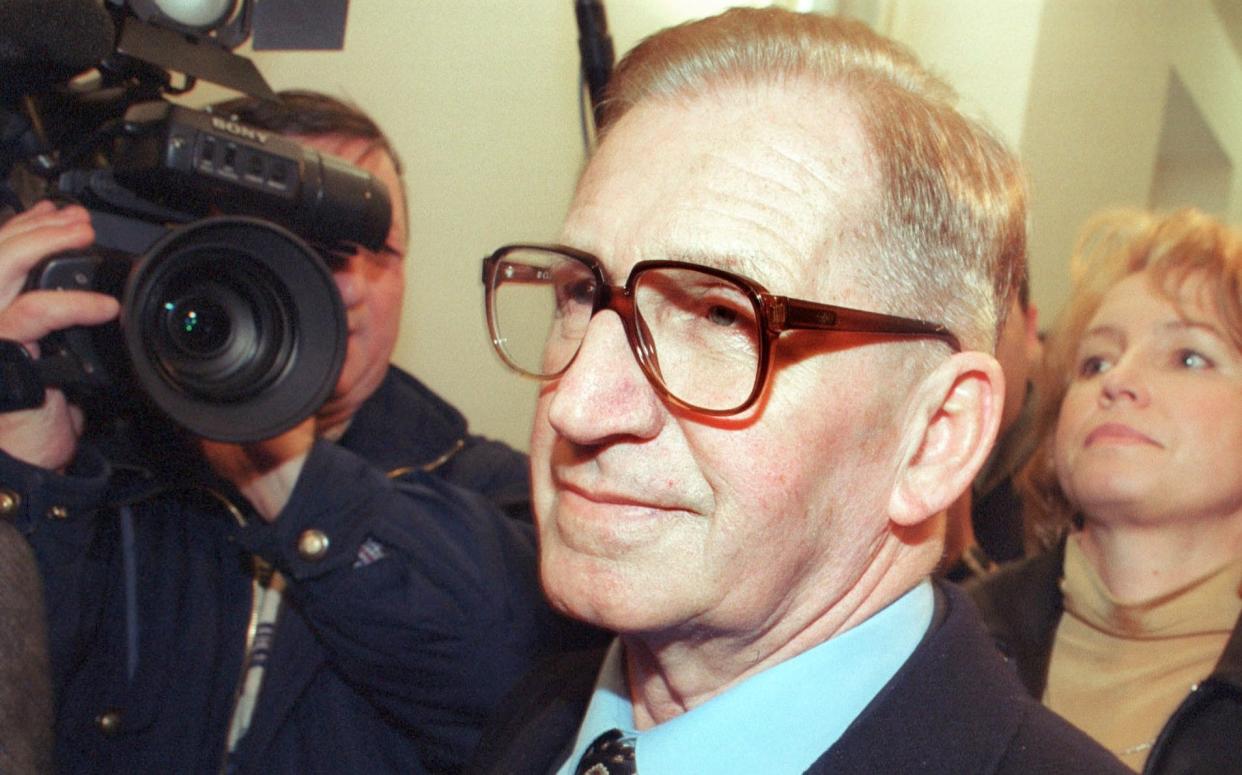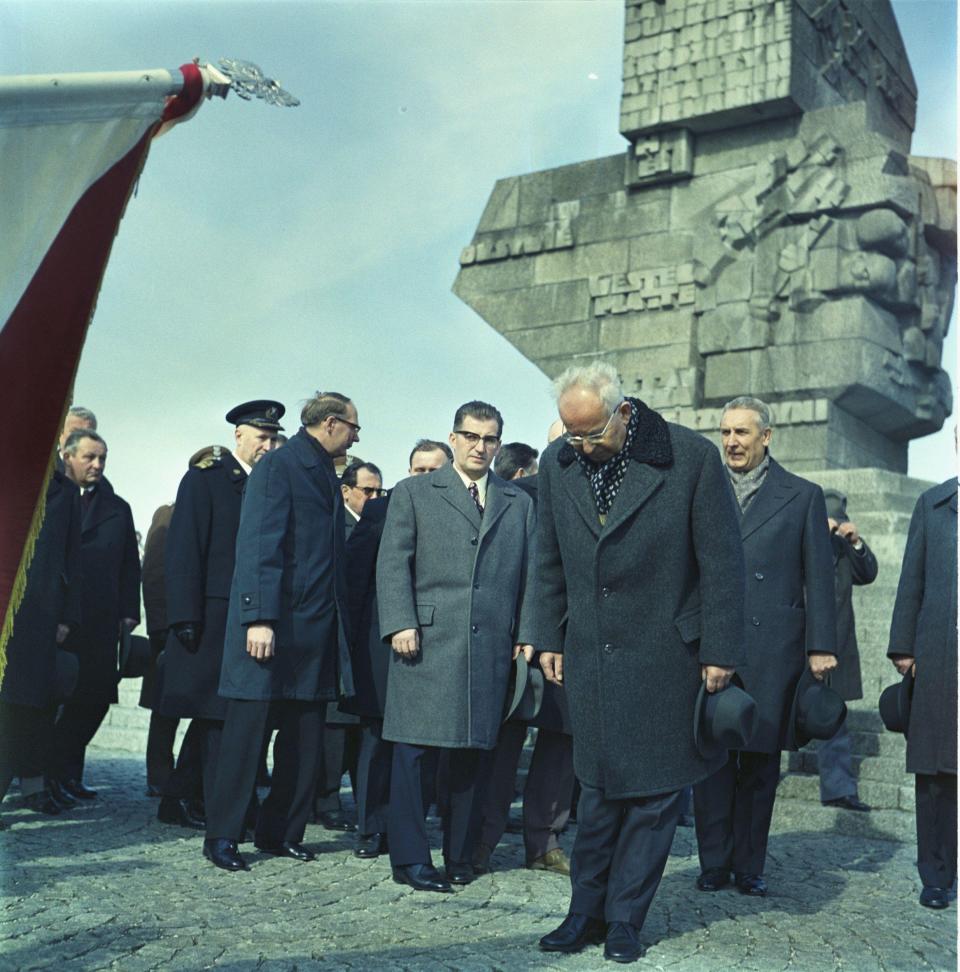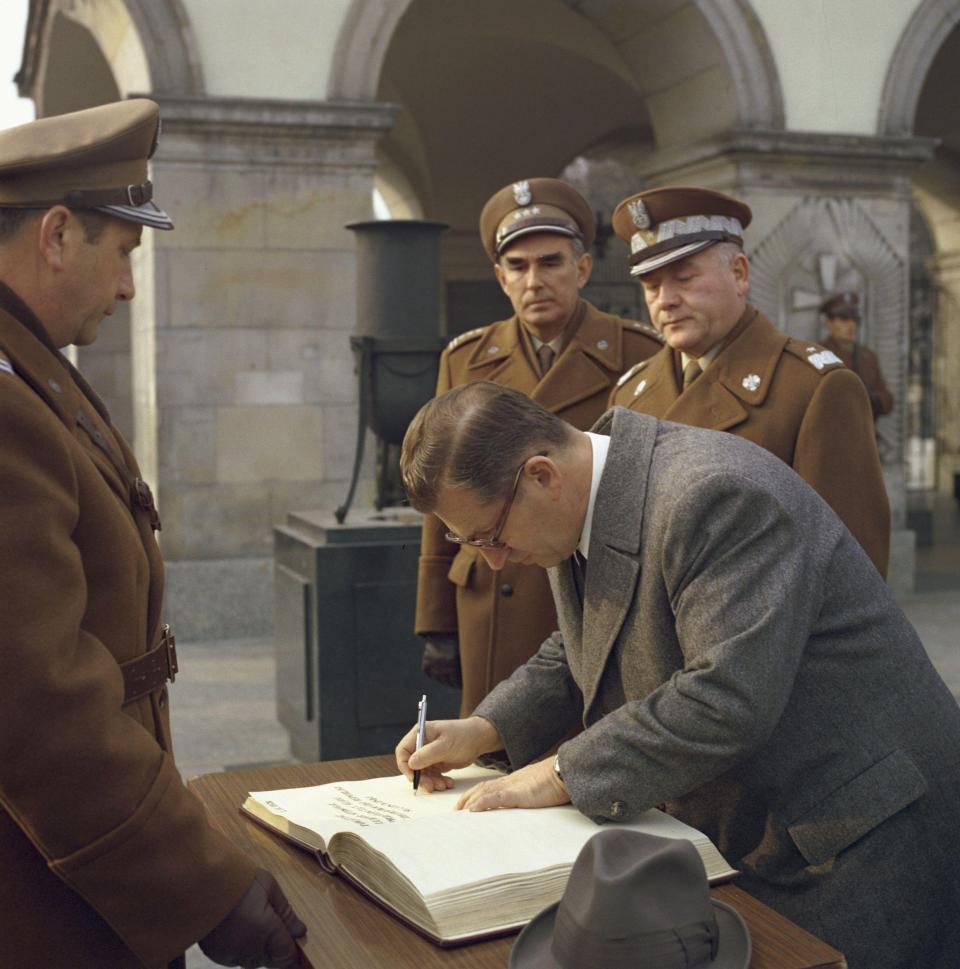Lubomir Strougal, Czech prime minister whose commitment to reform was ambiguous – obituary

Lubomír Štrougal, the former prime minister of Czechoslovakia, who has died aged 98, was a communist “Vicar of Bray” who remained in office for 18 years, becoming his country’s longest-serving head of government.
A short, bespectacled man with a blunt, informal manner, Štrougal began his political career under the Stalinist rule of Antonín Novotný. But in the 1960s he embraced the “Prague Spring” policies of Alexander Dubček, who made him chairman of the Economic Council set up to direct his programme of liberalisation.
Štrougal denounced the Soviet invasion of 1968 as “illegal, unconstitutional and groundless”. But he quickly adapted to the new situation and joined the pro-Soviet “normalisers” under Gustáv Husák, becoming one of his closest aides and helping to dismantle many of the market-oriented economic reforms he himself had introduced. He also played a leading part in the purge of liberals from the party and government.

Appointed prime minister in January 1970, Štrougal changed tack again and started pressing for a return to economic reform. A number of tentative reforms were tried in the 1970s, bringing a brief period of prosperity. But he continued to reject any political or ideological change, and economic growth soon petered out.
In the 1980s Štrougal emerged as a supporter of the Soviet leader Mikhail Gorbachev’s policies of perestroika and glasnost, and in 1987 was critical of the Czechoslovak police after they broke up an unofficial peace seminar attended by Czech dissidents and Western pacifists, who were later expelled from the country.
But his comparatively enlightened stance brought him into conflict with more conservative elements in the Czech communist party, and in October 1988 he resigned following reports of differences with the new Communist party leader Miloš Jakeš. The regime collapsed the following year.

Lubomír Štrougal was born on October 19 1924 in the south Bohemian town of Veselí nad Lužnicí, the son of a railway worker; during the Second World War he worked as a slave labourer in Germany. He joined the Communist Party in 1945 and spent the next four years working as a party apparatchik and studying Law at Charles University, Prague, graduating in 1949.
He rapidly climbed the party ranks, becoming a full member of the Central Committee in 1958. A few months later he was appointed Minister of Agriculture. In 1961 he took over as Minister of the Interior following the arrest of Novotný’s political rival Rudolf Barák, ostensibly for fraud and embezzlement. Barák later filed a complaint alleging that Štrougal had ordered him to be forcibly drugged during a period of detention in 1962.
Under Novotný’s patronage Štrougal was elevated to the party secretariat in 1965 with responsibility for agriculture. But although he was regarded as one of Novotný’s most trusted associates, he privately allied himself with his opponents during the events which led to Novotný's ousting by Dubček in January 1968.

But Štrougal’s commitment to reform was always ambiguous. In 1986, as prime minister, he paid an official visit to Canada; Canadian papers showed him, smiling and relaxed, “sharing a cheerful moment” with his Canadian counterpart, Brian Mulroney, as both men listened to jazz. But the same day the New York Times reported that Štrougal’s government had arrested seven members of the Jazz Section, an organisation which conducted highly successful festivals in Czechoslovakia, and charged them with undisclosed crimes.
In an interview in 1995, following the collapse of communism, Štrougal told a parliamentary commission that he accepted some of the blame for repressive measures against opponents of the Communist regime, and in 2001 he was tried over charges that as interior minister in 1965 he had thwarted the prosecution of seven secret-police agents for three murders committed in the late 1940s, thereby obstructing justice. The case was dropped in 2002 due to lack of evidence.
In 2019 he was charged with abuse of power, having allegedly allowed border guards to fire on those fleeing the country, but he was adjudged unfit to stand trial because of his dementia.
Štrougal married Věra in 1952; they had a daughter but divorced in 1992 and he later married Miluse.
Lubomír Štrougal, born October 19 1924, died February 6 2023

 Yahoo Movies
Yahoo Movies 
